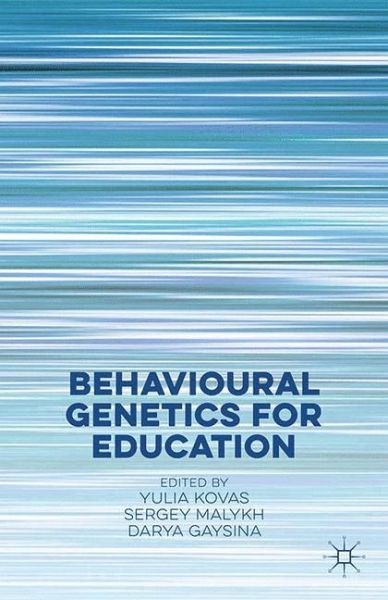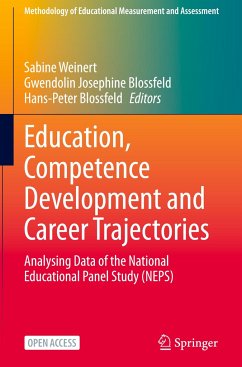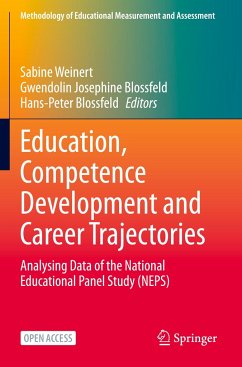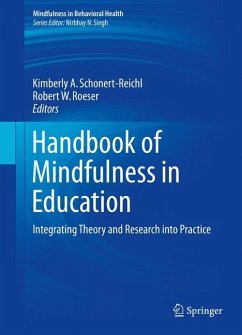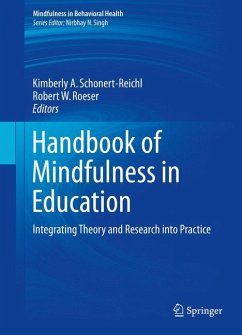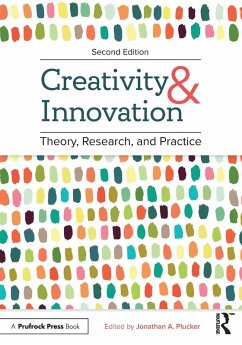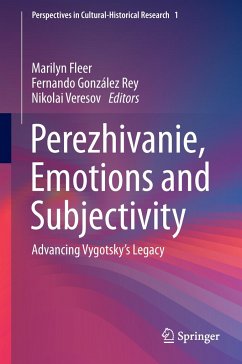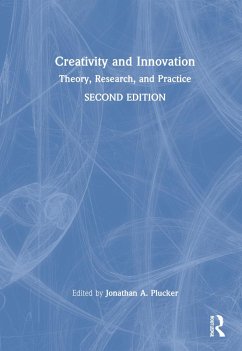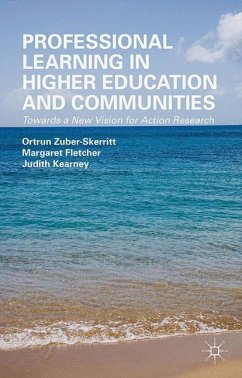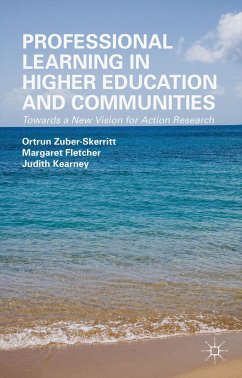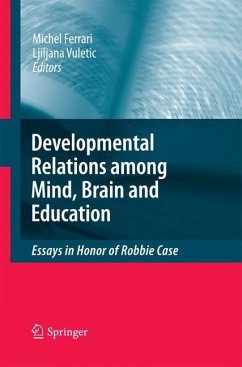Yulia Kovas is Professor of Genetics and Psychology at Goldsmiths, University of London, UK, where she directs InLab - International Laboratory for Interdisciplinary Investigations into Individual Differences in Learning. She is also the director of the Laboratory for Cognitive Investigations and Behavioural Genetics, Tomsk State University (TSU), Russia; co-director of the International Centre for Research in Human Development (TSU); and co-director of the Russian-British Laboratory for Behavioural Genetics, Psychological Institute of the Russian Academy of Education. She directs the Russian School Twin Register (RSTR) and leads the mathematics research direction in the Twins Early Development Study (TEDS), King's College, London, UK. Sergey Malykh is Professor of Psychological Institute of the Russian Academy of Education, where he directs the Laboratory for Developmental Behavioural Genetics and co-directs the Russian-British laboratory for Behavioural Genetics. He is also the Head (Academician-Secretary) of the Department of Psychology and Developmental Physiology of the Russian Academy of Education and co-director of the International Centre for Research in Human Development (TSU). The focus of his research is currently on the genetic and environmental origins of variation in psychological and psychophysiological traits. He is the author of more than 300 publications. Among them, Foundation of Behavioural Genetics (1998), the first textbook on this topic in Russia. Darya Gaysina is Lecturer in Psychology at the University of Sussex, UK and leads the interdisciplinary research program in Genetics and Psychopathology (EDGE Lab). She is also a member of the Rudd Centre for Adoption Research and Practice. Darya obtained a PhD in Human Genetics from the Russian Academy of Sciences. Her research focuses on exploring environmental and genetic factors, and their interplay, in relation to psychopathology across the life course. She is an author of more than 40 peer-reviewed papers and book chapters. Nicola L. Barclay, Northumbria Centre for Sleep Research, Northumbria University, UK Philipp Barsky' Psychological Institute, Russian Academy of Education, Russia Michel Boivin, École de psychologie, Pavillon Félix-Antoine-Savard, Université Laval, Canada Mara Brendgen, Département de psychologie, Faculté des sciences humaines, Université du Québec à Montréal, Canada Huajian Cai, Institute of Psychology, Chinese Academy of Sciences, China Sophia Docherty, MRC Social, Genetic & Development Psychiatry Centre, Institute of Psychiatry, Psychology and Neuroscience, King's College London, UK Darya Gaysina, Rudd Centre for Adoption Research and Practice, School of Psychology, University of Sussex, UK Elena Gindina, Psychological Institute,Russian Academy of Education, Russia Claire Haworth, University of Bristol, UK Jeffrey Henry, École de psychologie, Pavillon Félix-Antoine-Savard, Université Laval, Canada Philip Gehrman, Department of Psychiatry & Penn Sleep Centre, University of Pennsylvania, USA Alice M. Gregory, Department of Psychology, Goldsmiths, University of London, UK Ansatasia Kazantseva, Institute of Biochemistry and Genetics, Ufa Scientific Centre, Russian Academy of Sciences, Russia Elza Khusnutdinova, Institute of Biochemistry and Genetics, Ufa Scientific Centre, Russian Academy of Sciences, Russia; Bashkir State University, Russia Yulia Kovas, Tomsk State University, Russia; Psychological Institute, Russian Academy of Education, Russia; Goldsmiths, University of London, UK Yu L. L. Luo, Institute of Psychology, Chinese Academy of Sciences, China Sergey B.Malykh, Psychological Institute, Russian Academy of Education, Russia Rachael E. O'Leary, Department of Psychology, University of Kent, UK Michael J. Parsons, Mammalian Genetics Unit, MRC Harwell, UK Stephen A. Petrill, Department of Psychology, Ohio State University, USA Robert Plomin, MRC Social, Genetic & Development Psychiatry Centre, Institute of Psychiatry, Psychology and Neuroscience, King's College London, UK Kaili Rimfeld, Goldsmiths, University of London, UK Maja Rodic, Goldsmiths, University of London, UK Fatos Selita, Tomsk State University, Russia Tatiana Tikhomirova, Psychological Institute, Russian Academy of Education, Russia Maria Tosto' Department of Psychology, Goldsmiths College, University of London, UK Adelina Valiullina, Institute of Biochemistry and Genetics, Ufa Scientific Centre, Russian Academy of Sciences, Russia Aigul Zainullina, Institute of Biochemistry and Genetics, Ufa Scientific Centre, Russian Academy of Sciences, Russia
